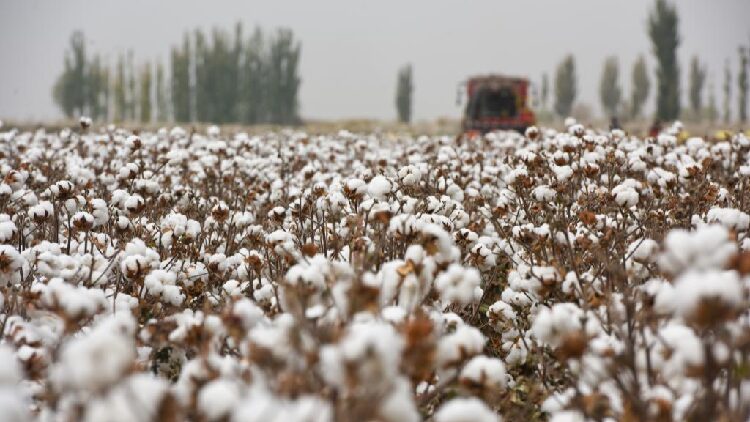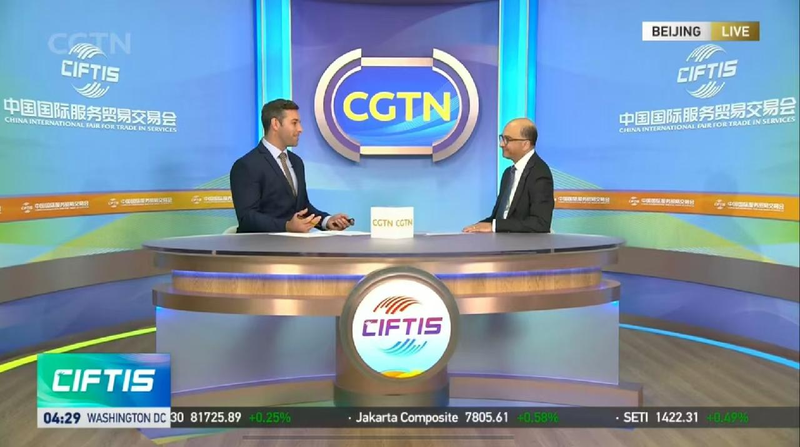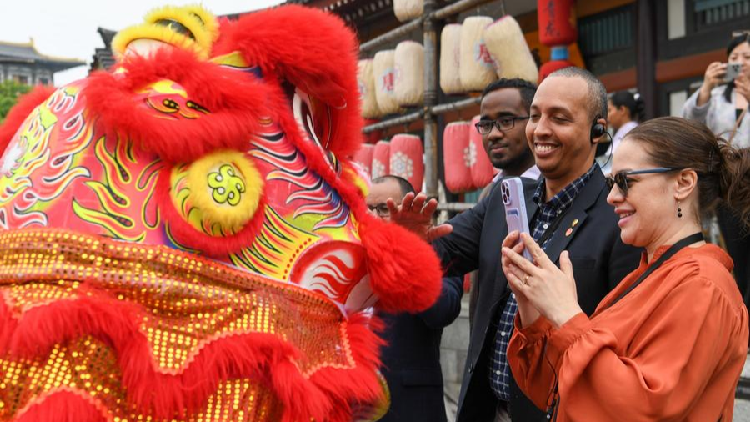Hey there! Have you ever thought about where your comfy t-shirts or favorite jeans come from? Let’s take a trip into the world of cotton! 🌱
Cotton is a soft, fluffy fiber that’s used to make many of our clothes. One of the biggest places where cotton is grown is Xinjiang, a region in China. Xinjiang cotton is famous because it’s really good quality. It has long fibers, which makes it perfect for making soft and strong fabrics.
But recently, some big brands like Nike, Adidas, and H&M have decided not to use cotton from Xinjiang anymore. Why is that happening?
These companies are worried about reports that people in Xinjiang might be forced to work in the cotton fields, which is called “forced labor.” Forced labor is when people have to work against their will, and that’s not okay. Everyone should choose where they work and be treated fairly.
Because of these concerns, some countries have asked companies to stop using Xinjiang cotton. So, the companies decided to find cotton from other places.
But this has caused some problems. Many people in China are unhappy that these brands are not using their cotton. Some people have even stopped buying from these brands. This means that both the companies and the workers could lose money.
It’s a complicated situation because we want to make sure everyone’s rights are protected, but we also want to keep things fair for workers and companies everywhere.
Global trade, which means buying and selling things between countries, is like a big puzzle where every piece is important. If one piece is taken away, the whole puzzle changes. So, when big decisions are made, they can affect people all over the world.
It’s important for companies to be responsible and make sure the people who make our clothes are treated well. But it’s also important to think about how decisions affect everyone involved.
What do you think about this situation? Next time you put on your favorite t-shirt, you might think about the journey it took to get to you! 👕✨
Reference(s):
Multinationals should not be pawns of Western political dominance
cgtn.com




